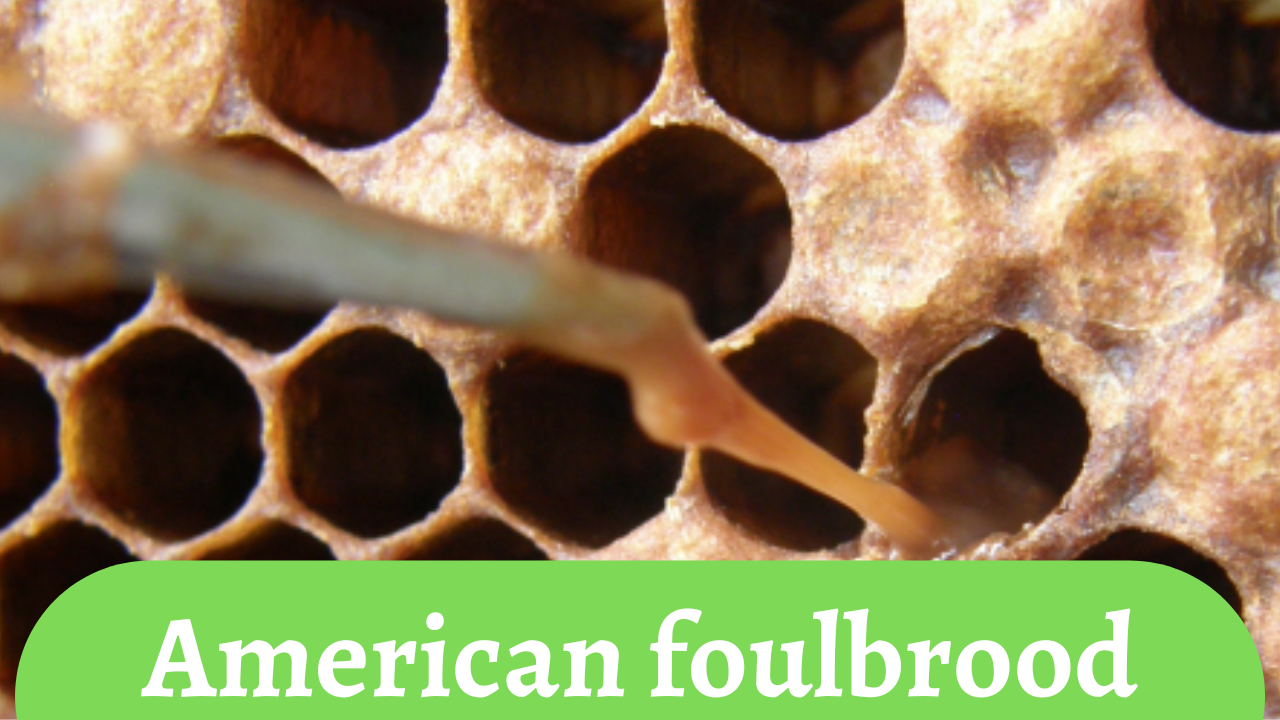he United States Department of Agriculture has approved the first-ever vaccine for honeybees to prevent American foulbrood disease, a fatal bacterial disease that can destroy honeybee colonies, officials say.
A conditional vaccine license to Diamond Animal Health, the collaborating manufacturer for Dalan Animal Health, on December 29. The agency said that it was its “first licensure of a honeybee product.”
The USDA’s Agricultural Research Service describes American foulbrood disease on its website as “one of the most widespread and the most destructive of the honey bee brood diseases.”
In a January 4 statement, Dalan Animal Health, which produced the vaccine, said that the primary treatment method for American foulbrood disease has been incinerating bees and infected hives, in addition to antibiotic treatment.
Honeybees are a critical component of agriculture. One-third of the global food supply relies on pollination, and healthy commercial hives are essential to secure high crop yields. However, honeybees are plagued by American Foulbrood, with previously no safe and sustainable solution for disease prevention. Overt clinical cases of American Foulbrood are notifiable in the USA and Canada, and the only treatment method relies on the incineration of bees and infected hives and equipment.
About the vaccine
The vaccine, which contains killed whole-cell Paenibacillus larvae bacteria, is administered by mixing it into queen feed which is consumed by worker bees. The vaccine is incorporated into the royal jelly by the worker bees, who then feed it to the queen. She ingests it, and fragments of the vaccine are deposited in her ovaries. Having been exposed to the vaccine, the developing larvae have immunity as they hatch. Pivotal efficacy studies have indicated that oral vaccination of honeybees may reduce larval death associated with American Foulbrood infections caused by P. larvae. The vaccine is non-GMO and can be used in organic agriculture.

